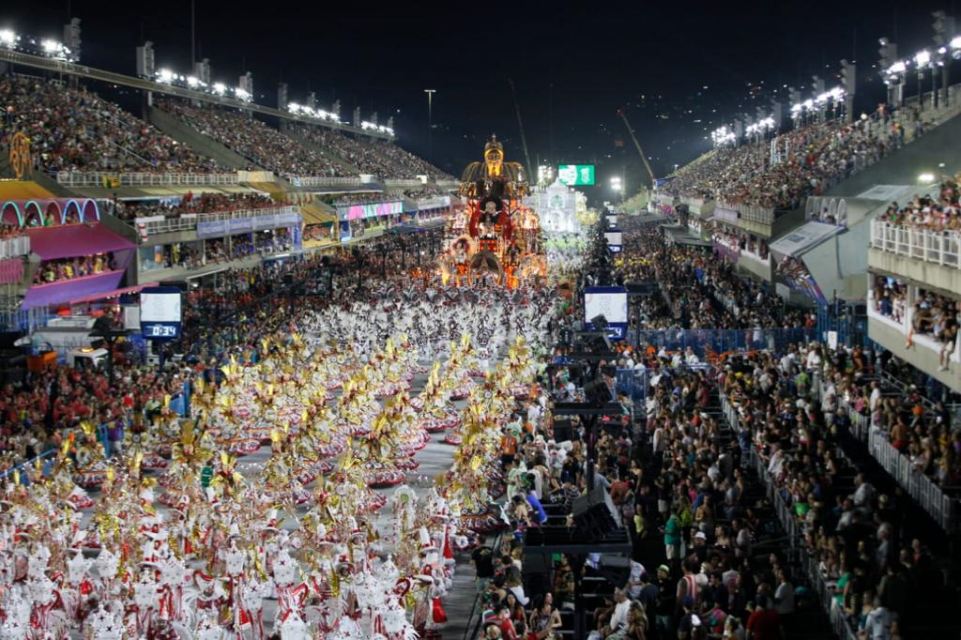RIO DE JANEIRO, BRAZIL – Brazil’s traditional Carnaval returned after two years of suspension due to the health crisis caused by the new coronavirus disease (COVID-19).
The country’s most famous festival returned to the sambadromes at an unusual time, but millions of spectators could again enjoy the traditional celebration.
From very early on, in cities such as Rio de Janeiro and São Paulo, in the southeast of the country, the sambadromes were filled with thousands of people, the highlight of Brazilian Carnaval.

Scheduled for the end of February, the 2022 Carnival was again suspended due to the increase in cases of the omicron variant of the virus; however, pressure from the tourism sector, fearing another year without its main period of income and occupation, led to the search for a new date.
Taking advantage of the long Easter holiday weekend in Brazil, Carnaval was scheduled. However, without the massive presence of thousands of foreign tourists. This time, domestic tourism boosted hotel occupancy and revived a service sector that is still recovering from the impacts of the pandemic.
According to the Brazilian Hotel Industry Association, in Rio de Janeiro, the country’s most touristic city, hotel occupancy was between 85% and 90% this weekend, figures not seen since before the pandemic. On the coast of the same state, occupancy exceeded 90% in several locations.
The high rate is repeated in other capitals of the country, such as Recife (70%), Florianópolis (65%), and Natal and Aracajú (60%).
In recent months, the reduction in COVID-19 infections and deaths in Brazil allowed the authorities to agree to celebrate Carnival without fear of crowds.
The famous “blocos” (musical troupes) returned to parade in the streets of the main cities, as did the samba schools, which returned to the limelight after two years without setting foot in the sambadromes.
On Saturday night, Brazilian celebrity Sabrina Sato paraded in the Sambadrome of São Paulo and, in record time, traveled by private plane to Rio de Janeiro, where she did the same on the same night.

